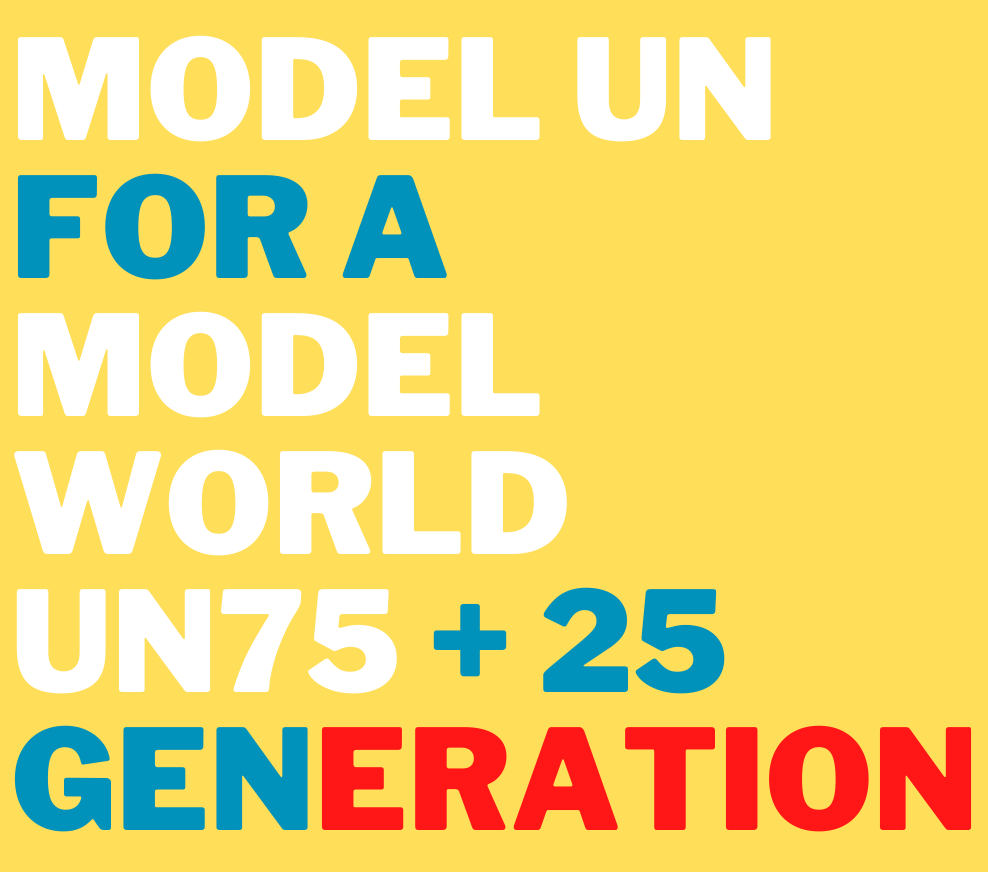We are living in dark times because of the pandemic of COVID-19, which has been affecting many structures of society. Many of the social and economic problems, though, are a historical phenomenon that has been reinventing itself from a neoliberal logic.
Facing COVID-19 many countries had to establish new rules of coexistence to contain the spread of the virus. However, when we face the reality of the Brazilian administration we see the three powers in conflict and constant disagreement. The President disseminates Fake News, encourages society not to follow WHO guidelines and we still need to highlight the major setbacks in civil, social and political rights, all in the name of an economy that has already taken over 100.000 lives.
How can we talk about a better future, if today we are going backward in Fundamental Rights and reinforcing the chasms of social inequalities? We have been dealing with the demonisation of politics for a long time, mainly within educational spaces, spaces that are responsible for the formation of critical individuals who can act through their duties as citizens.
Therefore, what kind of individuals are we coaching for the future? We know that nowadays access to quality and inclusive education is a privilege of a few people. When we have to choose between studying and working to ensure the income of our families, they are taking away from us the right to fight for a better world, they are inhibiting us from fighting for a future.
Each time a young person is subjected to this condition of inequality, it means another young citizen placed in the marginal area, who will be too concerned with putting food on the table instead of thinking about public and social policies, another young person who dreams about the day he will be able to change his life.
We are always talking about eradicating poverty from the world, but little is said about a political and economic restructuring that manages to establish an action plan enabling an equitable society. That will only be possible when we realise that the social markers (race, gender, class, ethnicity, and others) are, indeed, what allows a hierarchy to exist, in which power is centralised in a small percentage of society, responsible for reinforcing the unequal structures that surround written history until now.
To think about what future we want, first of all, we need to understand the urgency of investing in education, health, employability, security for the children who will compose the future that we have dreamed of, so that these young citizens of the future can develop critical subjectivities, and participate actively and well-equipped in the maintenance of rights and social changes.
Only when all these social, civil, and political rights are out of the symbolic plain and permeate the educational plain, in a way that it has qualifiable access for all, it will be possible to dream, we will genuinely have the right to choose the future we want.



